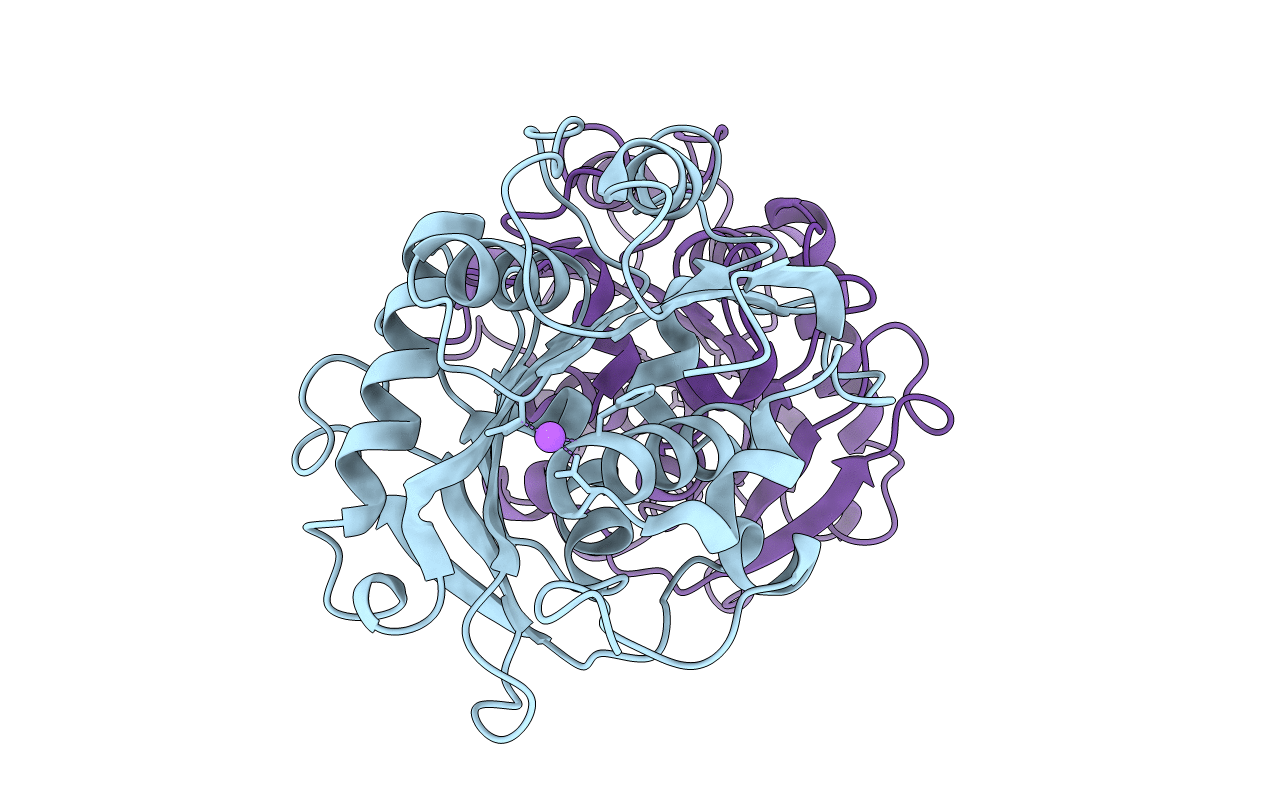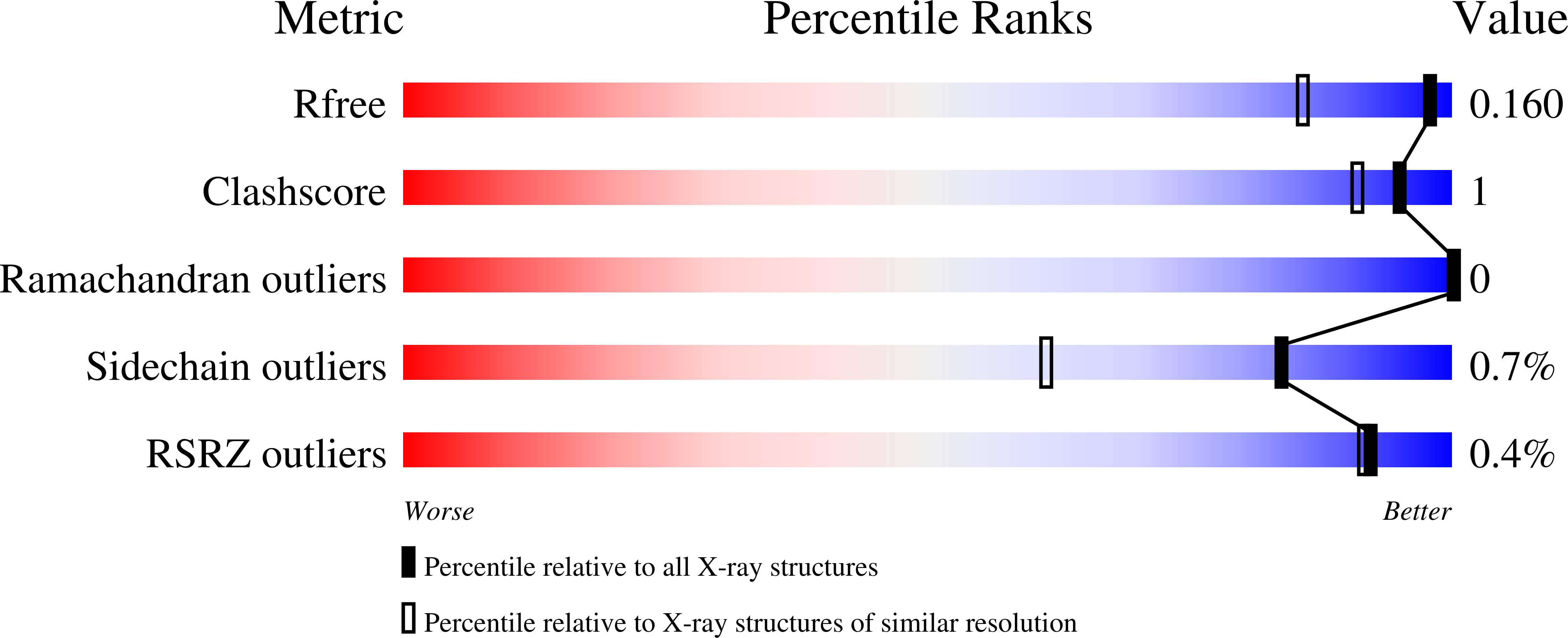
Deposition Date
2021-02-04
Release Date
2021-06-23
Last Version Date
2024-11-20
Entry Detail
PDB ID:
7NEI
Keywords:
Title:
Polyester Hydrolase Leipzig 7 (PHL7) in the unliganded state
Biological Source:
Source Organism(s):
unidentified (Taxon ID: 32644)
Expression System(s):
Method Details:
Experimental Method:
Resolution:
1.30 Å
R-Value Free:
0.15
R-Value Work:
0.13
R-Value Observed:
0.13
Space Group:
P 21 21 21


